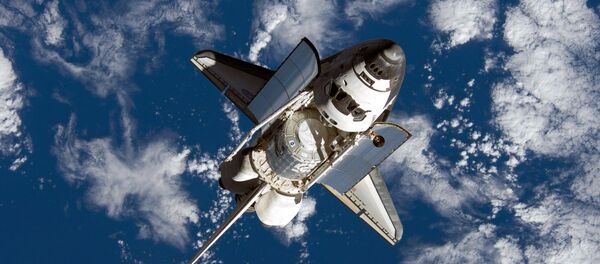Student volunteers will recycle everything, including trash and waste, in an attempt to define how humans could survive with limited resources a very long way from Earth.
Four student volunteers from the Beijing University of Aeronautics and Astronautics will live self-sufficiently in the charmingly named Lunar Palace 1 for a period of 200 days, working toward their goal of one day being Chinese astronauts exploring space for the motherland.
"It's truly a different life experience," said one of the student volunteers, just prior to entering the suburban space palace on Sunday.
"I'll get so much out of this," she added, cited by Reuters India.
Chinese President Xi Jinping has long sought to make his country a space power, and Beijing has announced that it will launch humanity's first unmanned mission to explore the dark side of the moon by 2018.
China has also assserted that it will place astronauts on the moon by 2036, according to Reuters.
Everything necessary for the survival of the human crew has been carefully calculated, according to the habitat's primary architect.
"We've designed it so the oxygen [produced by the station's plants] is exactly enough to satisfy the humans, the animals, and the organisms that break down the waste materials," a Beijing University of Aeronautics and Astronautics professor said.
While calculating the logistical needs for the survival of a physical organism is relatively straightforward, projecting the emotional health of the crew is more challenging.
Suggesting that astronauts may find long periods of isolation problematic, one student volunteer suggested that humans in space can "become a bit depressed," cited by Reuters.
The long silent hours with little or no human contact and the sameness of the surroundings with no open sky under which to stand can "create some psychological problems," she asserted.
A team of psychologists working with an earlier and shorter variant of the project mapped specific daily tasks for its volunteer crew, and noted that relevant daily scientific work typically chased away the space blues.
But the new group will also experience an undetermined period with no sunlight, and researchers will observe them throughout, to catch any subtle changes in behavior brought about by the darkness and isolation.
"We did this experiment with animals… so we want to see how much impact it will have on people," the professor said.



